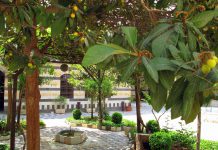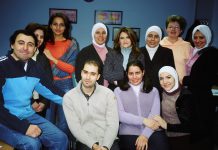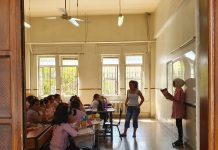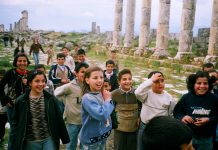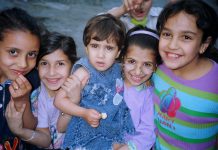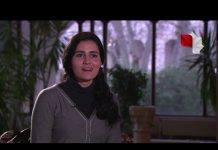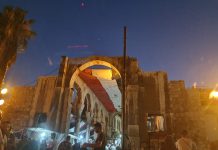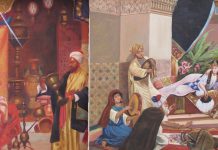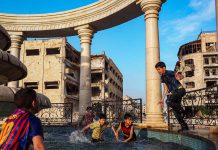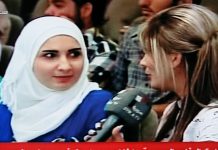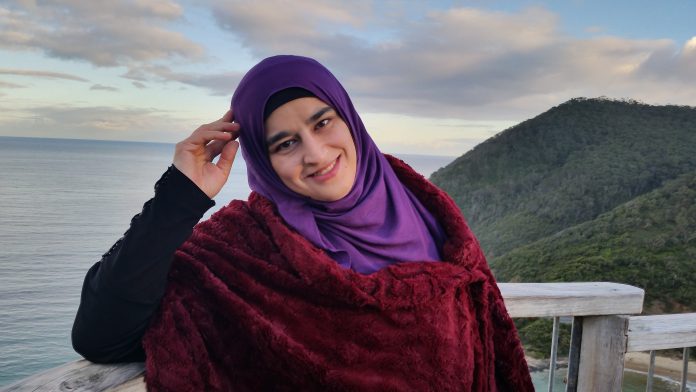Article by Lisa Accadia, AMES Australia
We recently sat down to interview Bushra, a Syrian who arrived in Australia toward the end of 2016. Bushra spoke generously to us about her life, culture, and faith. What we discovered was a warm-hearted woman whose love for life and good humour was not foreign. We hope that her approach to life and her story can remind readers that what connects us more than ever is our humanity and our hearts.
When she was 12 years old, her father died, and with 4 younger sisters, Bushra quickly took on extra responsibilities to support her mother and provide for her family.
“Pain brings a lot of strength, imagination, and creativity”
Her first job was as an Arabic teacher and by age 17 she was well known in her community for her determination and skills. She helped establish a local education organisation, similar to an Australian TAFE, and was a strong advocate for education in her community. Like most Syrian’s her life was busy, and while working and caring for her extended family she also completed a certificate in hairdressing and beauty therapy. Growing up had its challenges, but Bushra describes her struggles as experiences that taught her important lessons: “Pain brings a lot of strength, imagination, and creativity”.
Bushra and her family are practicing Muslims, and in addition to working and family responsibilities, Bushra still found time to nurture her faith. She grew up studying the Koran and enjoyed religious festivals and prayer time. Bushra describes her faith as the thing that gives her strength, and taught her how to work and live respectfully with others.
She has a deep love for the Syria she grew up in that did not discriminate against religions, but was open and respectful to all beliefs. She states “I appreciate every religion no matter what it is that teaches you to be respectful”.
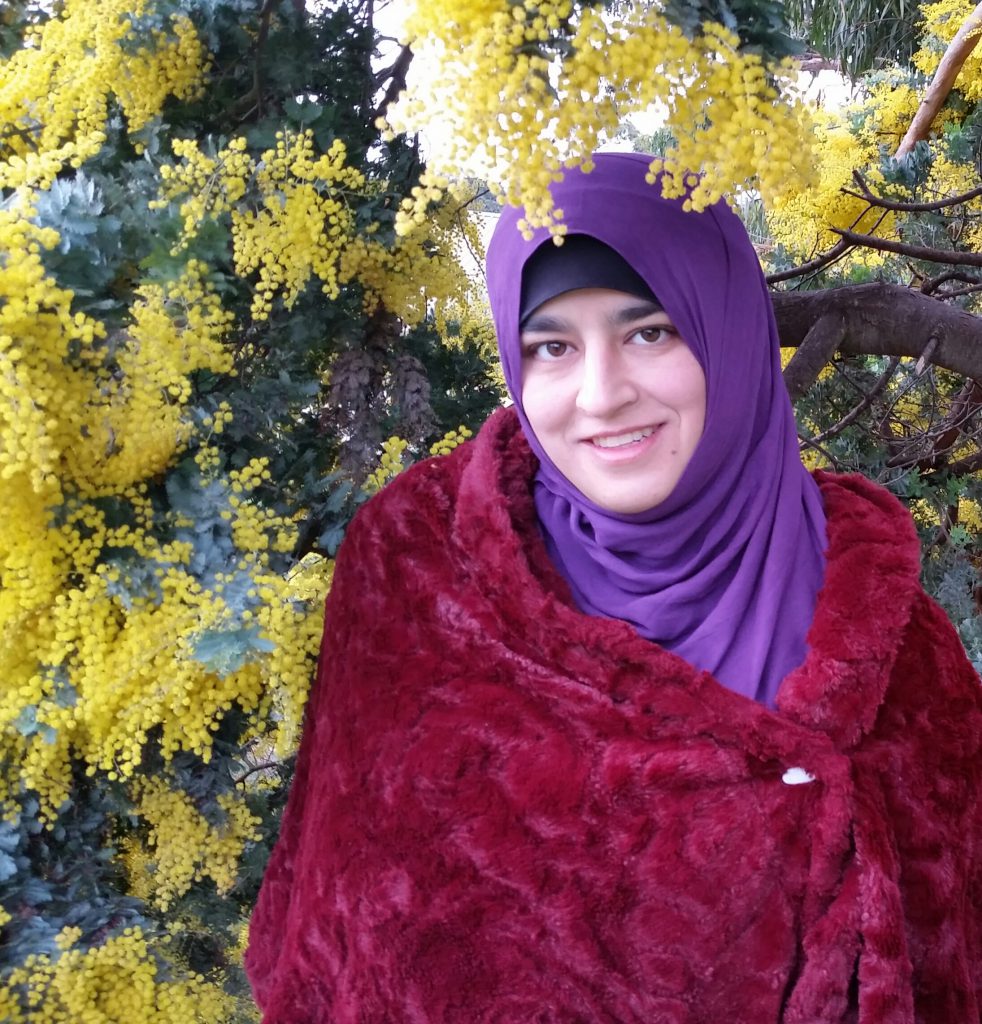
During our discussion we asked Bushra to share her thoughts on some popularly held misconceptions about women, particularly Muslim women, in Syria. She enthusiastically revealed all!
How would you like people to describe you?
A perfect Muslim, which means a good person, a person who is kind and good to everyone.
Are Syrian women allowed to work?
Yes of course! Women can do any work they want. If you are a Muslim woman you will avoid work that involves touching men, but otherwise you can do whatever work pleases you.
Can Syrian women play sport or drive?
Yes, women can play any sport they like. A lot of women in Syria like going to the gym to keep fit. Many women also have their licence and drive a car.
Can a man and woman get married for love, or are all unions arranged marriages?
A common way that people are married in Syria is when a man or woman sees someone they like they will send a message to their family to ask to get engaged. If the family approves the couple will be able to meet and then begin preparations for marriage. Often marriages are also arranged between families that know each other, or where couples have already grown up together in the same community. It is common for people to marry someone from the same faith background, but sometimes two people from different religions fall in love – if this happens they work hard to persuade their families that marriage is a good idea! Once a marriage has been agreed upon, the husband’s side of the family will give the woman a dowry. She can choose to spend this money on anything she likes as a gift from her fiancé’s family. If a marriage has been arranged, it is preferable that the couple do not touch each other until the day of the wedding, this way they both remain pure and without shame. Once couples get married it is expected that the husband will provide all material needs for his wife and “treat her like a queen”. Women can continue to work if they wish, but it is customary for the wife to stay home while her husband works.
In theory, a devout Muslim husband should treat his wife like a jewel. In reality, does this mean a Muslim woman is confined and controlled by her husband?
No. My husband would definitely not control me. Discussion and negotiation are vital in marriage. We are equal.
What does being a devout Muslim mean to you?
For me, it means being disciplined, having good manners and having a commitment to an ethical life and ethical relationships with people, no matter who they are.
Tell us a bit more about how you practice your faith
When I was in Syria I studied Islam at a Mosque. Some of the religious customs I follow include: eating no pork or drinking any alcohol, fasting during Ramadan, wearing a hijab, and practicing my daily prayers. I pray every morning and afternoon. According to my faith Muslims are to pray facing the direction of Mecca. This can be difficult but I have a great app on my phone that acts as a compass to show me which direction to face.
How do you describe Allah (God)?
Ohhh…. Allah is indescribable. But Allah knows everything about me because Allah created me. Allah is perfection in everything. Allah is love. Allah is the world, the Universe. Allah is indescribable.
Can people of other religions feel connected to Allah (God)?
Anyone can feel connected to ‘Allah’. Like I said, ‘Allah’ is indescribable. I do not know Allah’s bounds. I believe if someone is not a Muslim they can still have a connection with ‘Allah’. Allah doesn’t speak one ‘language’.
For you, does wearing a hijab give you a sense of freedom or restrict you?
I am used to wearing a hijab. It’s natural for me to wear a hijab when I go outside. I don’t wear one at home unless there are male visitors who are not family members. I would find not wearing a hijab hard. In Syria, women can go out and about by themselves and wearing a hijab can help give a woman a lot of confidence in the world. She can feel protected.
What’s family life like in Syria?
Families in Syria are very close. Families and neighbours are all connected; they are “like one” and spend a lot of time visiting each other. Grandparents, aunties and uncles, and children all live together and this is common for all Syrians no matter what religion you are.
Any last thoughts for our readers?
One of the things I loved the most about Syria was that people were all connected. Although we led busy lives everyone still had time for each other and no one was ever too busy. This is something I miss and wish we could see more of in Australia.
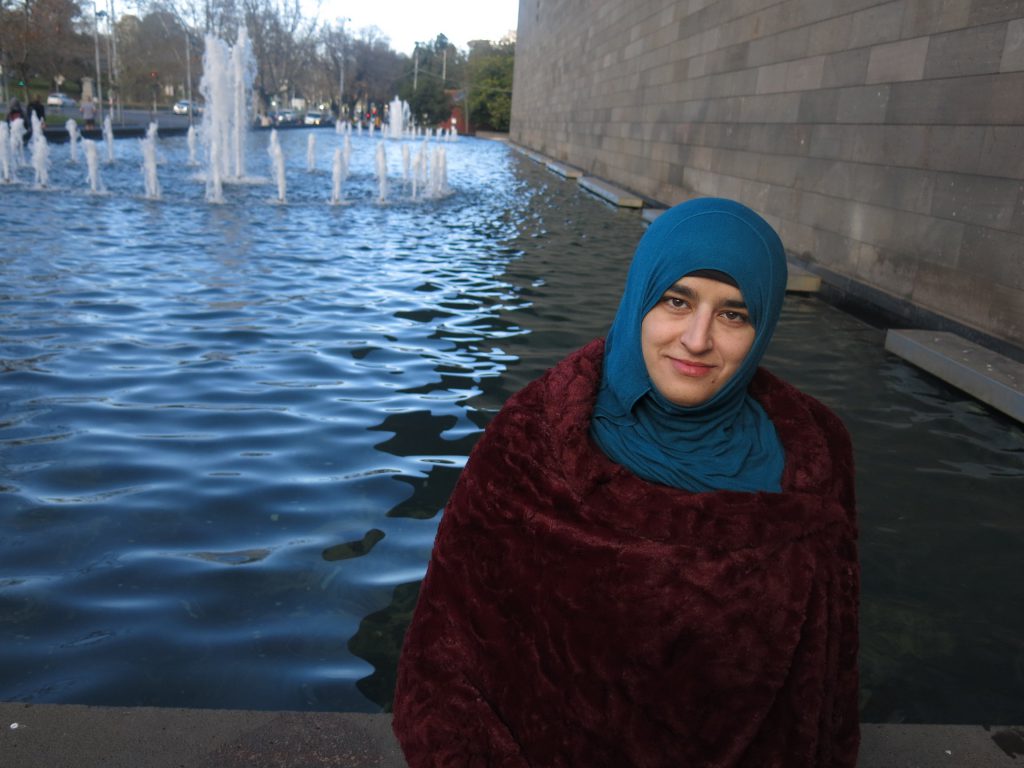
From the 2nd edition of Beloved Syria, October 2017


